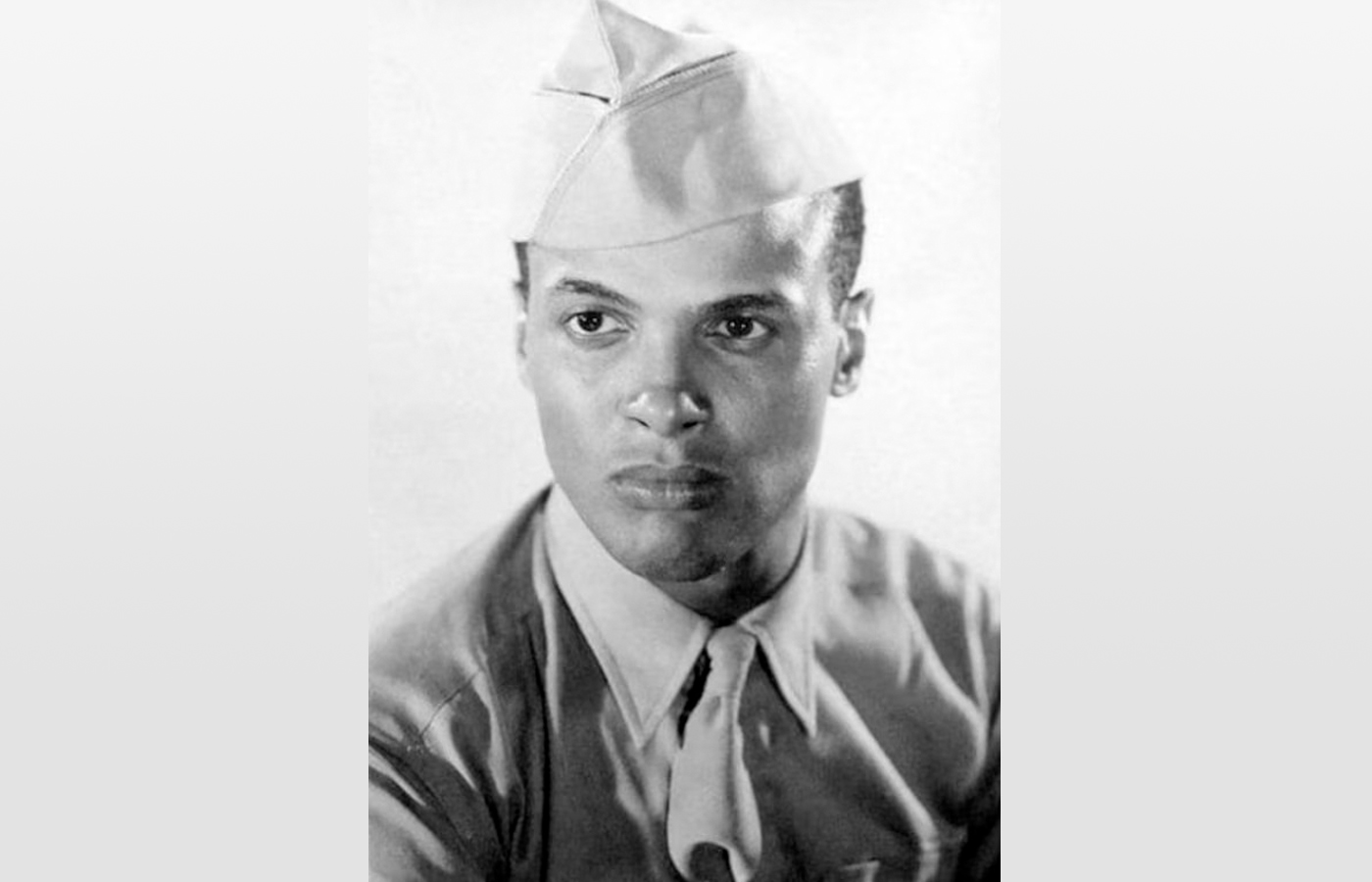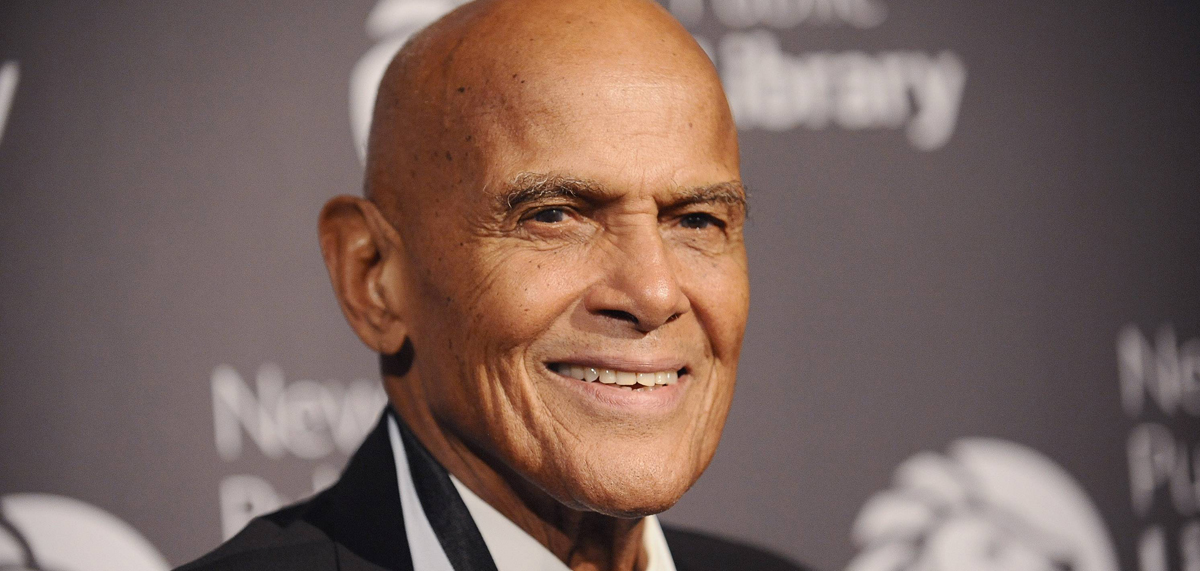Beloved civil rights activist, singer, actor, and Port Chicago Sailor Harry Belafonte died today at age 96. He spent his life fighting for equality and justice, notably advocating for civil rights for Black Americans, in addition to other causes including poverty, apartheid, Aids in Africa, and justice for the Sailors of Port Chicago.
Born in Harlem on March 1, 1927, Belafonte, just one day after turning 17, enlisted to join the U.S. Navy to help his country fight overseas during World War II. In his 2011 memoir, My Song: A Memoir of Art, Race, and Defiance, Belafonte recalled his feelings upon hearing he was assigned to load munitions at Port Chicago Naval Magazine:
-
"We assumed we'd be assigned to various warships as storekeepers, then steam off to south China or Iwo Jima. Instead we arrived to learn we'd be staying right there, in the part of the fleet city called Port Chicago. We wouldn't be storekeepers at all. We would be loading live munitions onto merchant ships and other warships, which, like hungry animals, devoured all the bombs fed to them.
"Not only was this menial work, it was incredibly dangerous, the more so because none of us had had any training for it. We knew exactly why we'd been chosen. This was scut work for the lowliest and most expendable sailors in the U.S. Navy: the black ones."

Belafonte witnessed the aftermath of the Port Chicago disaster of July 17, 1944, which killed 320 sailors, two-thirds of whom were Black, accounting for 15% of all Black American casualties during the war.
Belafonte recalled the Port Chicago 50 and the decimated Port Chicago Naval Magazine:
-
"As we arrived on the scene, with mangled structures and debris still in evidence, those sailors were being court-martialed, 50 of them sentenced to long terms for mutiny.
"We didn't know at the time. Nor could we know that the political reverberations of the Port Chicago disaster would help lead to desegregation of all the armed forces in 1948. We just wanted to get as far away from Port Chicago as possible."
Within days, Belafonte was transferred from Port Chicago to munitions-loading duties in New Jersey. Belafonte said, "We'd still be storekeepers for munitions loaders, and still be handling live ammunition ourselves. But at least the New Jersey base hadn't blown up as yet."
Belafonte would later achieve fame in the 1950s with groundbreaking roles in film and musical theater. His popular renditions of Caribbean folk and calypso songs would propel him to even greater heights, where he used his fame to fight for racial justice during the civil rights movement of the 1950s and '60s.
Despite his fame and status as a civil rights icon, Belafonte never stopped advocating for the Sailors of Port Chicago. In the 1990s, during pre-production on a planned film about the events surrounding the Port Chicago disaster, he spoke with the Los Angeles Times about the injustices the Port Chicago Sailors were subjected to:
-
"The Port Chicago mutiny was one of America's ugliest miscarriages of justice, the largest mass trial in naval history, and a national disgrace... Those sentences would be commuted after the war, but the sailors would remain dishonorably discharged, deprived of pensions, barred from any civil service jobs – all because they'd dared to stand up to blatant institutional racism."
Friends of Port Chicago National Memorial President Reverend Diana McDaniel released a statement honoring Belafonte:
-
Harry Belafonte was a courageous man who worked against fascism and racism and did the most he could to make this a more equitable and sane world. He served in the segregated Navy at Port Chicago Naval Magazine in California as a sailor loading munitions to send off to the South Pacific during WWII. We thank him for helping win the war while working in a demeaning environment and for carrying forward his ever-present struggle for civil rights.
Belafonte is survived by his wife Pamela, four children, two stepchildren and eight grandchildren. ⋆

